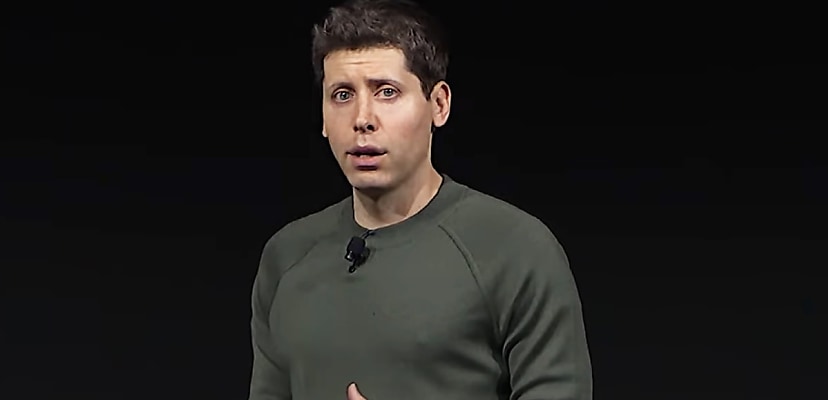Share this article on:
Powered by MOMENTUMMEDIA
Breaking news and updates daily.
OpenAI appears to finally be doing away with its non-profit title after CEO Sam Altman announced the company would be going through a corporate restructure.

The company launched in 2015 as a non-profit with the intent of developing “safe and beneficial artificial intelligence for the benefit of humanity”, said the company.
However, in 2019, prior to the release of the company’s AI chatbot ChatGPT, the company created a for-profit subsidiary to raise funding, having only raised $130.5 million in donations since its birth.
“It became increasingly clear that donations alone would not scale with the cost of computational power and talent required to push core research forward, jeopardising our mission,” said OpenAI.
As a result, the company had a convoluted structure in which the non-profit oversaw the for-profit, a relationship that only became more complicated with the release of ChatGPT, which attracted investment from major tech giants.
These companies, such as Microsoft, then invested in a subsidiary of the for-profit subsidiary of the non-profit OpenAI. Still following?
Now, partially spurred on by the events of last year in which he was dismissed by the OpenAI board over secrecy regarding AI more powerful than human thought, only to then be reinstated as CEO, Altman has announced that a corporate restructuring will be taking place that will see OpenAI become a more traditional for-profit company.
According to reports by Fortune, Altman said that the company’s structure has limited its growth. While the company is already worth well over $100 billion, the non-profit entity has impacted investors and turned them away.
Under the current structure, investors have a profit cap, with all profits beyond the cap going to the non-profit.
The exact details of the corporate restructuring are still unknown, but intend to see investors more eager and able.
OpenAI has previously rallied for additional funding to power the “AI GPU revolution”, announcing in February that he was looking to source US$7 trillion.
For context, Microsoft, the most valuable company in the world, has a market cap of just over US$3 trillion, and global chip sales in 2023 reached only US$526.8 billion, over 13 times less than what Altman is asking for.
However, with that money, Altman wants to completely flip the global chip manufacturing industry on its head.
AI developers have presented concerns over the supply of GPUs, and the AI arms race between the US and China has been largely fuelled by access to GPUs.
Altman’s project would turbocharge the world’s GPU building capacity and output, speeding up AI development by providing developers with a surplus of chips rather than having them fight over the dwindling supply as they are now.
“OpenAI has had productive discussions about increasing global infrastructure and supply chains for chips, energy, and data centres –which are crucial for AI and other industries that rely on them,” said a spokesperson for OpenAI.
“We will continue to keep the US government informed given the importance to national priorities, and look forward to sharing more details at a later date.”

Be the first to hear the latest developments in the cyber industry.